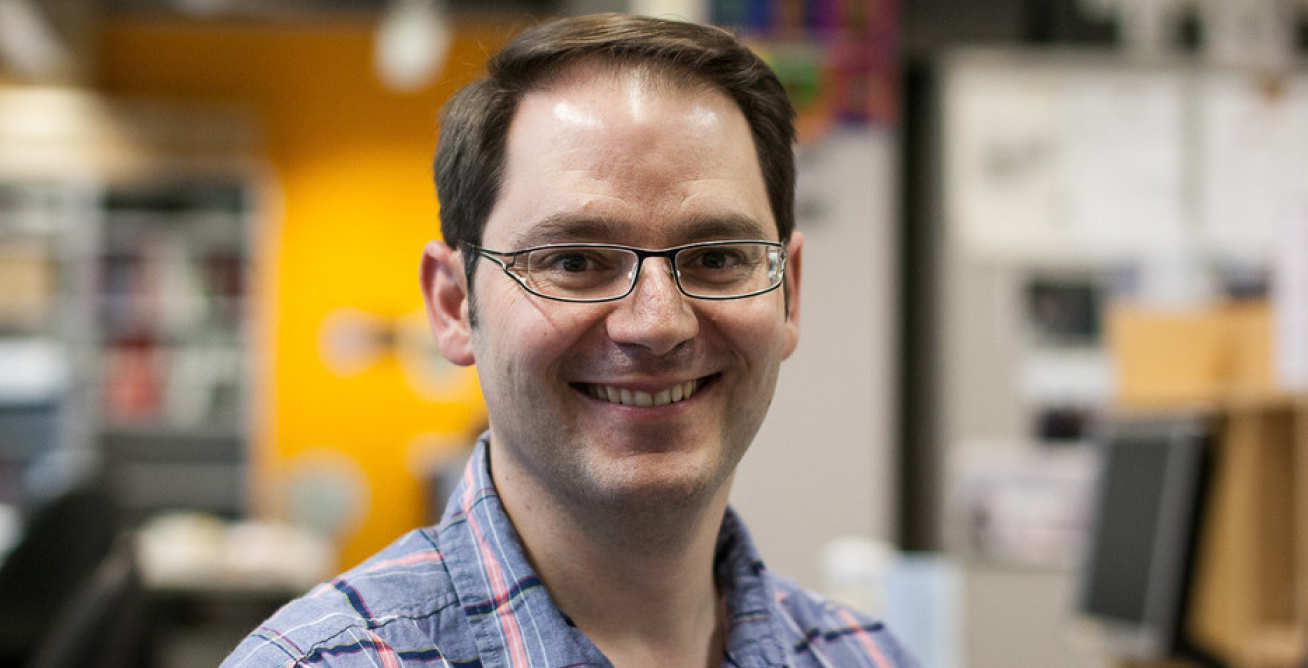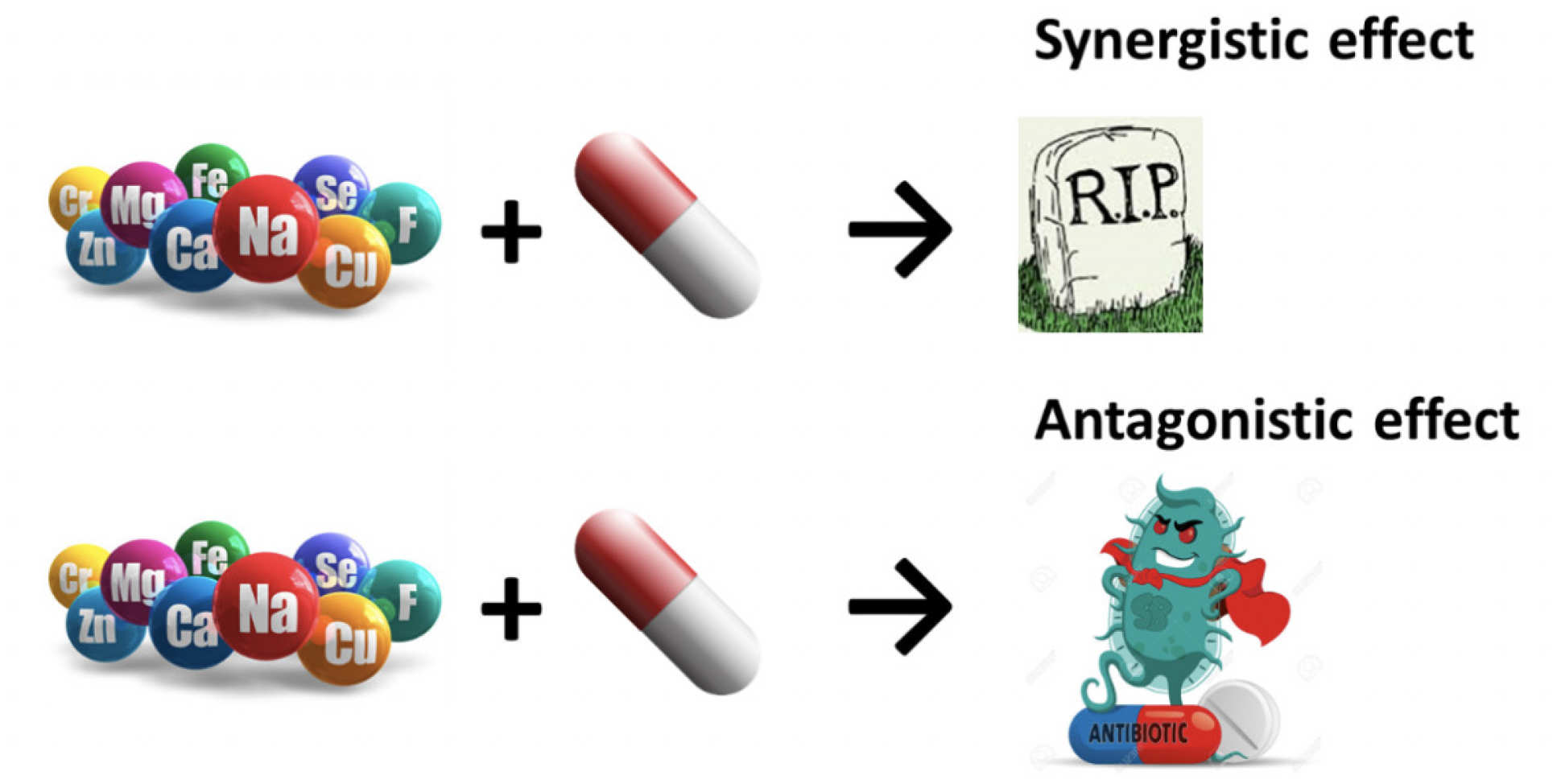Research is conducted by sophisticated specialists. This has been a very potent driver for advances in specific disciplines such as physics, chemistry, engineering and medicine. It can also be a barrier that slows down the innovation we now need in the face of numerous global challenges. For these narrow specialisms will not suffice. The average 50 year delay between laboratory breakthrough and engineering solution means that vital solutions will arrive too late.

The Institute for Molecular Science and Engineering (IMSE) is a global institute founded at Imperial College London in 2015. The overarching aim is to coordinate Imperial’s world class engineers, scientists, medics and business researchers to perform rapid innovation with R&D departments of high tech companies.
This is the approach of our Affiliate Gerald Larrouy-Maumus. In the living world, bacteria are found everywhere and have the capacity to adapt very efficiently, enabling them to survive and persist in harsh environments, such as the human gut or on the surfaces of hand rails.
Trace elements are also present everywhere in the environment, required in manufacturing processes and materials/surfaces, but their impact on bacteria and therefore on AMR is underestimated.

Gerald works with Agilent technologies - an American public research, development and manufacturing company - to decipher the molecular mechanisms of bacterial adaptation to trace elements for one the top hospital nightmare, Mycobacterium abscessus, by using the state-of-the-art metabolomics and metallomics, for the development of novel therapeutics and so-called “smart surfaces”. Those can therefore be used to reduce or prevent such adaptation and the further progression and spread of AMR.